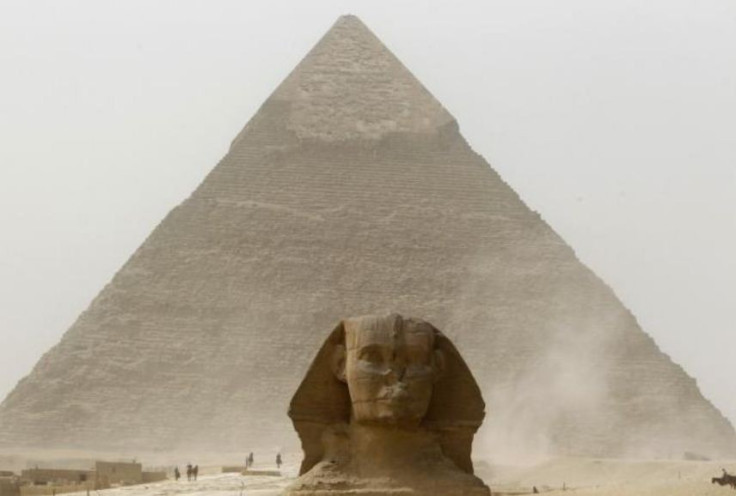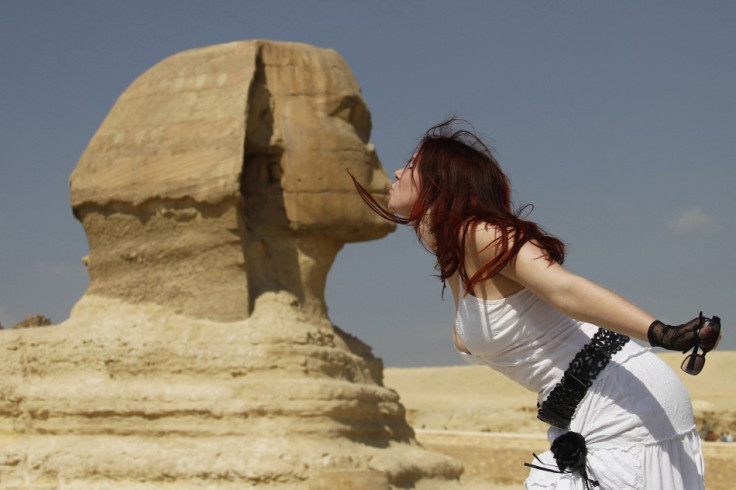Pyramids for Rent: Egypt Mulls Desperate Measures to Save Crumbling Economy

Egypt's finance ministry has proposed renting out the country's famous pyramids to international tourism firms in an attempt to save the country's economy from collapse.
Officials believed the scheme, which would also encompass the Sphinx and the temples of Luxor, could raise nearly $200bn (£132bn; €153bn), enough to pay off Egypt's spiralling national debt.
Adel Abdel Sattar, secretary general of Egypt's Supreme Council of Antiquities, confirmed that he received the proposal from the finance ministry at the end of January during an interview with Cairo-based broadcaster ONTV.
Sattar said the proposal was originally conceived by Egyptian intellectual Abdallah Mahfouz, before being sent to the finance ministry for consideration and then forwarded on to him by officials who believed it could offer a viable solution to Egypt's economic woes.
However Sattar revealed that he has rejected the proposal out of hand, after taking legal advice. He asked the interviewer: "Is it possible that we rent our monuments? ... This is our heritage, our roots."
Sattar's sentiments were echoed by a number of cultural activists and archaeologists, who dubbed the finance ministry's plan "insulting" and "humiliating."
Ahmed Saeed, Egyptology professor at Cairo University, who wrote on his Facebook profile: "How can we rent out our heritage? Cry dear Sphinx, people want to rent you out and maybe later cut you into pieces and sell you!
"Shame on those who want to rent you. You are the symbol of dignity, power and Egypt's ancient civilization."
Although it was rumoured that Qatar was interested in renting out Egypt's historic monuments, this has not been confirmed.
Economic collapse
Egypt's economy has been steadily deteriorating since former dictator Hosni Mubarak was toppled from power two years ago.
The national currency, the Egyptian pound, has continued to fall against the dollar, and the foreign currency reserves held by Egypt's banks are running low. Egypt's domestic debt reached an all-time high last year and currently shows little sign of falling.
Revenue from the country's crucial tourism sector has fallen dramatically since Islamist leader Mohammed Mursi was elected two years ago, with many potential overseas visitors deterred by political instability and regular rioting by those opposed to the new leader.
Last month, financial officials held a meeting with the International Monetary Fund in Cairo in the hope of securing a $4.8bn emergency loan. However the meeting ended without agreement.

© Copyright IBTimes 2024. All rights reserved.






